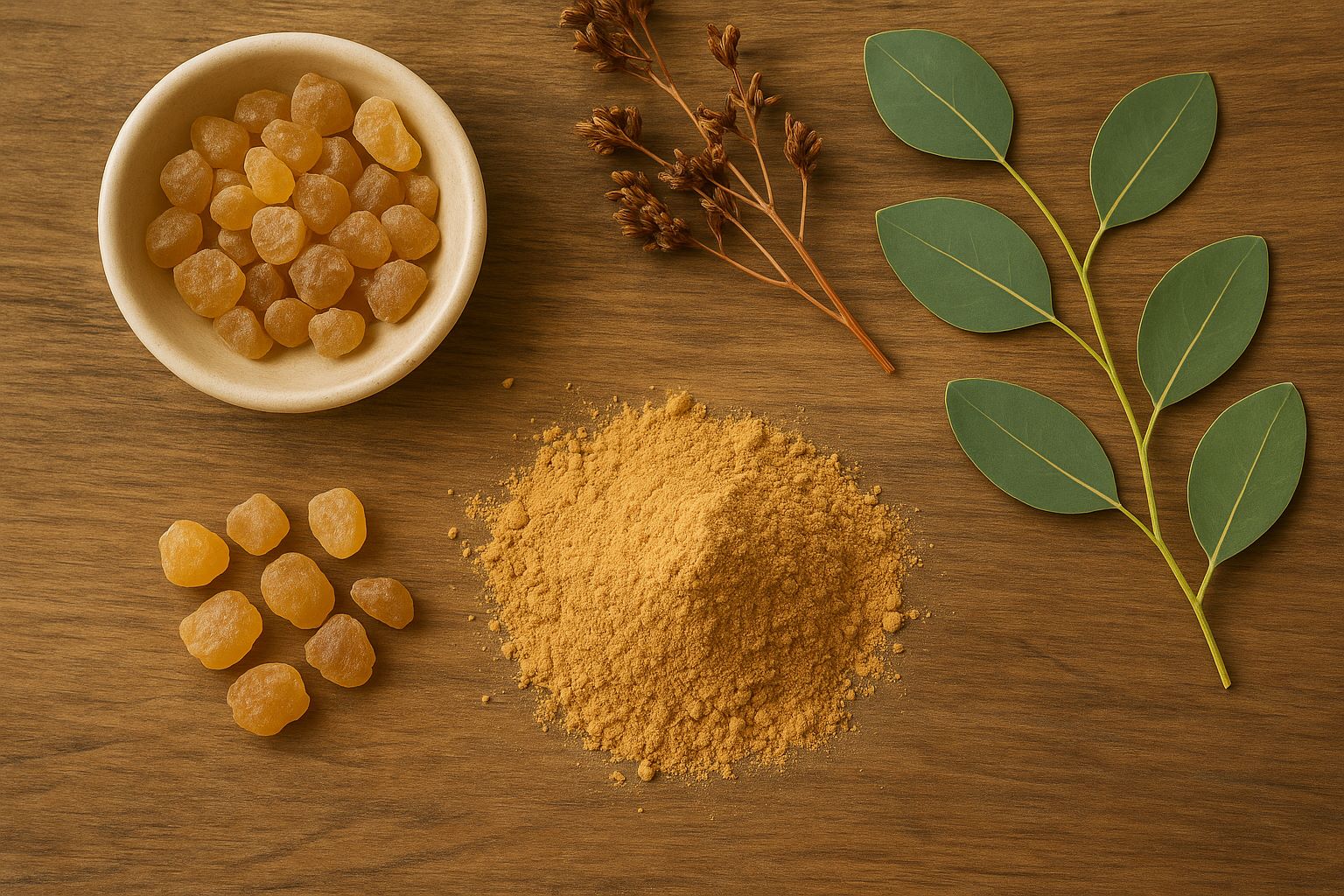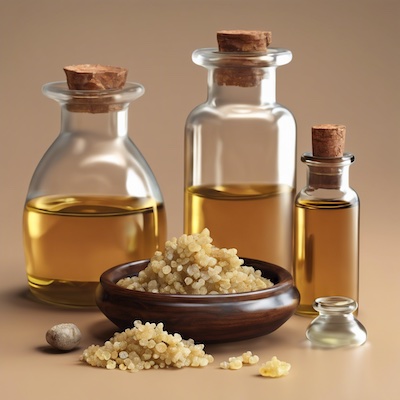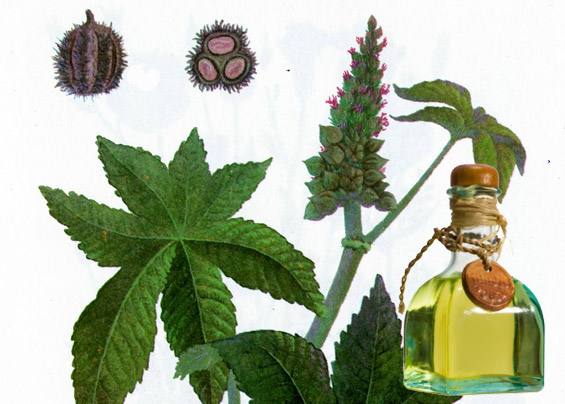Gout: The Royal Arthritis
Onsets of gout happen when the levels of uric acid in the blood become higher than normal, creating needle-like crystals which usually deposit in one of the joints - most frequently the toe, but sometimes also in the knee and finger joints. Once deposited in the joint, these rough and sharp particles may cause excruciating pains and inflammation. This condition has always been common among royalty and the upper classes. Still, it is in no way rare: It affects 16 out of a thousand men, and only 3 out of a thousand women, among which women rarely develop the condition before menopause.
Causes and symptoms
It is not certain what triggers an onset of gout, although some factors may place a person into a higher-level risk group. In a fourth of people suffering from gout there has been data on the appearance of the condition among the family, and three quarters of the patients have heightened levels of triglycerides.
Men who gain a significantly large amount of weight between their twenties and forties are especially vulnerable to developing gout. A too large intake of alcohol, high blood pressure, kidney disease, exposure to lead, aggressive diets and certain medication (including antibiotics, diuretics and chemotherapy) can also play a role. In some people the onset may be caused by food rich in chemical compounds called purines (such as liver or anchovies).
Gout is diagnosed by determining the presence of uric acid crystals in the synovial fluid, usually after taking the fluid from the joints using a needle. An X-ray may help in pointing out uric acid buildups and bone damage, in case you had suffered from repetitive inflammations.
What can be done
Avoiding groceries rich in purines (liver and anchovies, seafood, dry beans and peas) in your diet may help in preventing onsets of gout. Maintaining a normal body mass can also help, alongside avoiding food rich in fat and refined carbohydrates. Research has shown that omega-3 fatty acids may reduce the body's production of inflammatory substances. People suffering from gout may also be helped by introducing dietary supplements based on fish oil, which contains omega-3 fatty acids that provide some relief in the sense of reducing painful joint swelling.
The greatest advance in treating gout are drugs such as allopurinol, probenecid (a drug prescribed only through a specific schedule) and Sulfinpyrazonewhich prevent onsets of gout by keeping uric acid levels in the blood under control. The drug colchicine, extracted from meadow-saffron, is one of the oldest familiar medicament's helping with gout. It would seem that a new form of that drug, given through injections, acts quick and without side effects.
The intake of large quantities of water, more than one liter a day, helps with excreting uric acid.
Source: Excerpt from book "Living with Arthritis"







